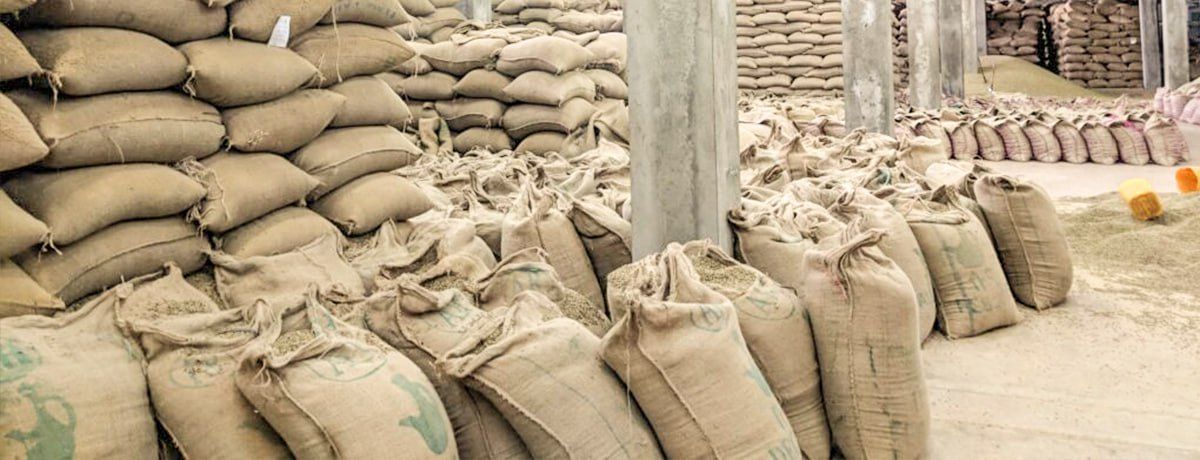
Will the new NBE amendment encourage increased coffee exports?
Will the new NBE amendment encourage increased coffee exports?
It is to be recalled that the Ethiopian government has passed a directive (FXD79/2022) that dictates only 20% of foreign currency be used by exporters, which has been effective since January 6, 2022. Coupled with local price increments (farmgate to exporter) and low international prices, coffee exporters have been operating under discouragement and increasing losses. This week, the National Bank of Ethiopia (NBE) announced that it has adjusted the prior retention rate to 40% by its latest amendment(FXD/83/2023). In the new arrangement, exporters can retain 40% of their export earnings after a 50% surrender deduction, with the remaining 10% going to the respective banks. Increased access to foreign currency means better liquidity and more opportunities to import goods at competitive prices, subsequently encouraging increased exports. The current crop (2022–23 harvest) has been characterized by escalated local green coffee and cherry prices and economic pressures (inflation and shortage of foreign currency), with the majority of the crop stored by farmers, processing stations, and Addis Ababa’s warehouses.
The African Coffee Summit 2023 emphasized value addition in transforming the continent’s coffee sector.
The African continent holds 25 coffee-producing nations. African coffee production makes up more than 12% of the world’s coffee production. Ethiopia (39%), and Uganda (23%), account for 62% of Africa’s coffee production, while Cote d’Ivoire and Tanzania come in third and fourth place, producing 13% and 6% of the continent’s coffee beans, respectively.
It is to be recalled that the InterAfrican Coffee Organization (IACO) held the first G-25 Africa Coffee Summit in Nairobi in May 2022 to re-evaluate the overall performance of the African coffee sector and pursue the highest-level political authorities to finalize the process for the inclusion of coffee as a strategic commodity in the African Union's Africa Agenda 2063. The second G-25 Africa coffee summit took place this week from the 7th to the 10th of August 2023 in Kampala, Uganda, with this year’s theme "Transforming the African Coffee Sector through Value Addition". The summit pointed to Africa's meager share of the global $49.5 billion market, second only to oil. African exporters only enjoy about $2.5 billion after years of effort. Participants from various nations discussed the importance of value addition in raw and other forms of coffee in improving Africa’s revenue from the coffee trade.
The Arabica nation aims to increase its coffee exports.
Referred to as the motherland of Arabica coffee, Ethiopia holds a prestigious place in the global coffee supply scheme. The Arabica nation ranks as the fifth largest coffee exporter and the third largest Arabica coffee exporter. In his latest discussion with the media representatives, Prime Minister Abiy Ahmed, Ph.D., asserted the nation’s commitment to increasing coffee production. This has been evident following the planting of coffee seedlings and the rejuvenation of existing trees. Oromia region’s president, Shimelis Abdisa, added the successful plantation of 1.7 billion new coffee seedlings during the 2019 and 2022 Ethiopian summer seasons and the planting of 1.1 billion seedlings during the ongoing rainy season.
